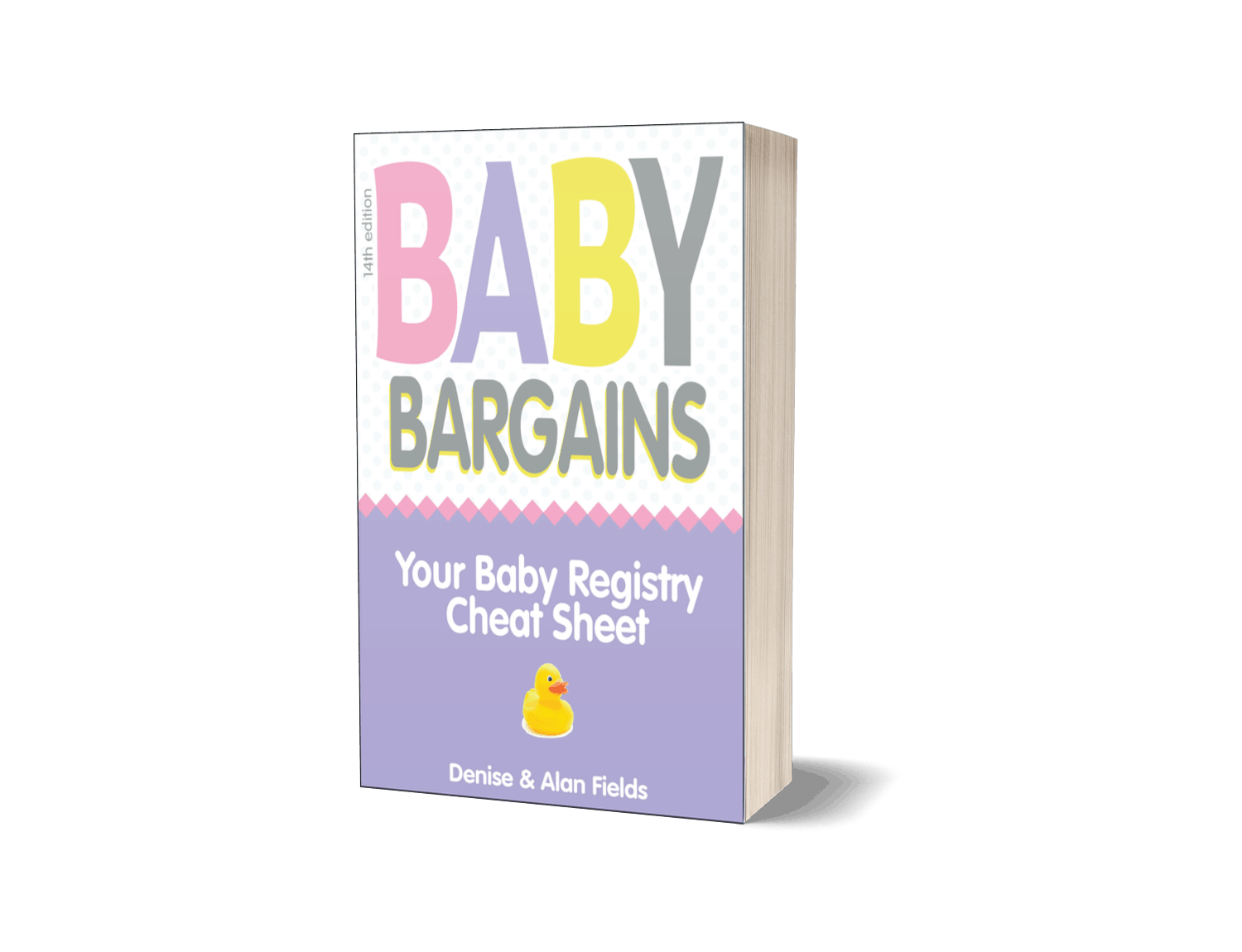Goore’s, named by our book as one of the “Top 19 Best Baby Stores in America,” is closing at the end of this year. The official announcement will come today.
Based in Sacramento, Goore’s started in 1992 by Ken and April Goore. Reach by phone today, Ken told BABY BARGAINS that competition from the internet has made it impossible to maintain the retail store. “My model of a big baby retail store just doesn’t work in today’s environment,” Ken told us, adding that many customers are opting to purchase online. Even though Goore’s also operates a large online store, Ken said he is shuttering both the retail store and online site.
Sales should start immediately and Goore’s plans to honor all special orders placed before the announcement. The store may stay open until December or January to finish the liquidation.
Goore’s recently moved to a new, smaller location in Sacramento, but Goore said the move didn’t hurt or help the business.The new store was 20,000 square feet compared to the 32,000 sq foot location.
The brutal recession in California no doubt is part to blame for Goore’s demise. The current unemployment rate in Sacramento county is 12.4%. Sacramento ‘s housing market is in free fall, with 40% of homeowners underwater on their mortgages, reported KXTV-Sacramento last week.
That said, Goore’s is just the latest casualty in the battle between indie baby stores and chains stores like Buy Buy Baby and internet sellers. Lullaby Lane, a store that started in 1947 in San Francisco, closed earlier this year amid similar woes. And in Fort Lauderdale, FL, long-time baby gear seller Baby Love closed its doors after Buy Buy Baby opened nearby.
Is there a future for independent juvenile stores? If you prefer to shop at Diapers.com or Amazon, is there a place left in the market for brick and mortar baby gear retailers? Sound off in the comments below.

 We obsess over gear for families . . . so you don't have to. Baby Bargains has one mission: help you find the best gear for your family and home with unbiased reviews by experts with 20 years of experience. At prices that don't break the bank. When you purchase a product from links on this site, we make a small affiliate commission. Learn more
We obsess over gear for families . . . so you don't have to. Baby Bargains has one mission: help you find the best gear for your family and home with unbiased reviews by experts with 20 years of experience. At prices that don't break the bank. When you purchase a product from links on this site, we make a small affiliate commission. Learn more 

There will be a time where most markets may not have an independent baby store. The only alternatives will be to shop at a big box and deal with untrained teenage employees or to order sight unseen over the internet and pay to ship it back if you don’t like it. Sad that the govt is allowing sales taxes to be avoided by internet retailers robbing states of badly needed revenues and giving the internet retailers an unfair advantage against local stores who actually support your community.
Consumers vote with their $$. Just hope the future is something we all want to shop in.
I strongly believe there is a future for independent juvenile stores. If you research the internet you will find several of the “best baby stores in America” listed have bad reviews that point out poor customer service. Further, if you check out these stores in person you will find an outdated, old school style that does not understand the needs of todays market. While old school stores are failing, there are boutiques that are thriving in this changing market. If boutiques focus their marketing efforts on customers that appreciate clean aesthetic, good service and great quality merchandise they separate themselves from the big box stores that feature lesser quality at cheap prices. They will attract a customer that won’t shop at the big box stores. There is a huge market out there that has $$ to spend on high end merchandise – where do these customers shop for their nurseries? The mistake that Goores, Lullaby Lane and several of the “best stores in Amercia” make is that they try to compete with Big Box stores by offering EVERYTHING. Unless they have the courage and strength of 300 Spartans, they will lose this battle. Don’t compete with Big Box, outsmart them. Develop an awesome website. Limit your stock and displays to great, unique products and get rid of all the clutter. If you sit and wait for the economy to improve rather than being proactive you may end up another casuality – pointing your finger at the competition….when the real blame lies with yourself.
This is sad and scary to see such a large store in the middle of a large city fail. “My model of a big baby retail store just doesn’t work in today’s environment” says Ken Goore. We want to prove him wrong. We’re opening our first baby store next April with similar size (28,113 sf) in Gilbert, AZ. It’s 8 miles east of a BBB and 13 miles SW of BRU. I hope we can do things differently and better. Goore’s has been in business for 20 years. I hope we can make it that long too.
Goore’s had a great location on paper. 340,000 people in a 5-mile radius with a median HH income of $46,654/yr. Surrounded by 3 BRUs and 1 BBB all 15 miles away or more. They were at the center of dense middle class population. That should have been plenty to support a 20,000sf store, so why did they really fail?
Goore’s mentioned they had a website, but reading yelp reviews, even a 5-star reviewer “wished they had a better website”. I’m not suggesting a strong website is the key to success for a brick & mortar store, but for a store that size to neglect its website is a sign that the business is mismanaged from top to bottom. Did they neglect marketing and service too? As a previous comment pointed out, they clearly had issues with customer service based on online reviews. Consumers complained about their pricing, especially products they had in common with “the Target down the street”. They obviously had A LOT of things Target didn’t have, but when customers are able to compare prices to another physical store and see a large price disparity, then that makes EVERYTHING in the store seem overpriced.
Internet is definitely relevant competition, but according to Forrester Research, it comprises only 7% of total retail market share in 2012 and is expected to reach 9% by 2017. Juvenile products fall far below that 7%, but I know it seems like a lot more than that when customers constantly want you to price match online sales.
The retail landscape has changed. Consumer expectations have evolved. I don’t think Goore’s evolve with it. Maybe they just didn’t want to or care anymore. They’d been in business for 20 years. That’s a LONG time for an independent! Maybe they were just tired and ready to move on rather than compete in a new retail world that’s struggling to emerge from a recession.